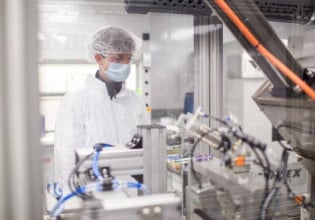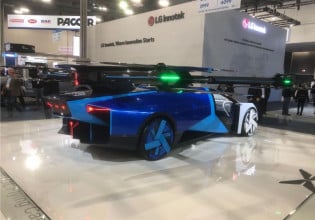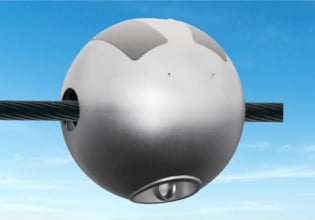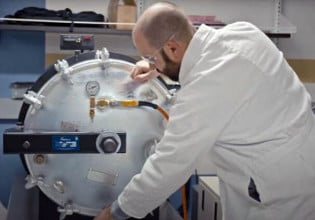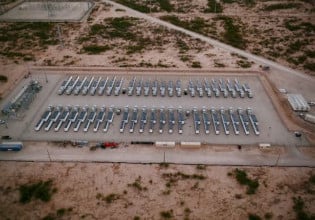The Battery Innovation Center (BIC) and the MESA Standards Alliance are announcing a strategic partnership to create the first MESA compatibility and interoperability testing center in the world. As the energy storage industry takes off and the number of component vendors proliferates, the need for a physical location where companies can bring their products, plug them in, verify their compatibility with published standards and test their ability to interoperate is clear.
MESA (Modular Energy Storage Architecture) is a non-proprietary set of specifications and standards for energy storage developed by a consortium of electric utilities and technology suppliers. The goals of the MESA Standards Alliance are to: Standardize communications and connections, which will accelerate interoperability and scalability; Give electric utilities more choice by enabling multi-vendor, component-based energy storage systems; Reduce project-specific engineering costs, enabling a more robust energy storage market; Enable technology suppliers to focus on their core competency: facilitating quality, safety and cost-effectiveness; and Reduce training costs and improve safety for field staff through standardized procedures for safety and efficiency.
“We’ve had a productive first year as an alliance and this partnership is well-timed to our needs as an organization,†Craig Collar, board chair of the MESA Alliance and assistant general manager at Snohomish County Public Utility District in Washington State, said. “Our specifications are taking shape and we need a location and an organization that is vendor-independent where our industry and utility members can come to verify that things work as designed.â€
Located adjacent to Naval Surface Warfare Center Crane (NSWC Crane) in Indiana, the BIC is centrally located for U.S.-based companies and is well-equipped to address the needs of the MESA Standards Alliance. “Establishing a strategic partnership with MESA is an honor for the BIC,†David Roberts, president of BIC, said. “The opportunity to serve the industry in this capacity validates BIC’s position as a trusted resource to market participants. We see this sector of the energy storage market increasing dramatically as the number of vendors with commercially viable smart grid products increases and as vital entities like MESA help to define and standardize communication protocol between the various products. We are confident our partnership will catalyze the MESA standardization efforts.â€
The BIC facility has a full suite of electrical test and evaluation capabilities, and includes wind and solar generation, 1MWh of energy storage, and a 1MW inverter onsite, along with a 6.4MW net metering capability onto the adjacent MISO node. These physical resources will be augmented in the second half of 2015 with the establishment of a microgrid test lab that will include AC grid simulation capabilities, multiple energy storage systems, and standards-based software to control and evaluate performance of various microgrid components under multiple operating profiles. The microgrid test lab is being sponsored by a Duke Energy grant awarded in March of this year.
With the partnership finalized, the next steps involve the BIC seeding its facility with components that are MESA compliant and getting up to speed on MESA specifications. The center will be a resource for informal testing of capabilities until formal compatibility tests are defined for the various protocols.


